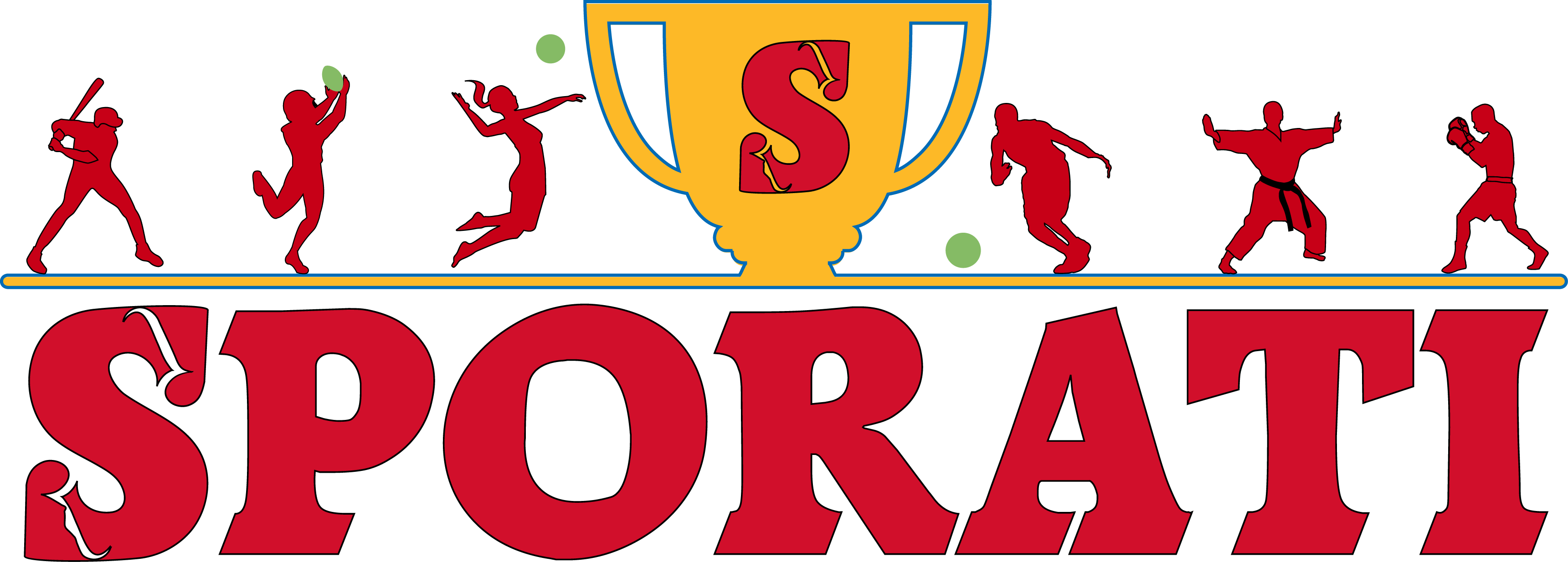Ledecka Criticizes 2026 Schedule
Every Olympic story has its headlines, but this one might just be carving turns on a snowboard and rushing through a downhill ski course. Ester Ledecka, the brilliant Czech athlete and reigning queen of versatility in winter sports, has voiced strong concerns about the race schedule for the 2026 Winter Olympics in Milan-Cortina. No stranger to rewriting the rules of multi-discipline dominance, Ledecka’s criticism over the condensed timetable has sent ripples of discontent through both the skiing and snowboarding communities.
The Unprecedented Schedule Crunch
For decades, the Olympics have been a stage of logistical acrobatics, not just for athletes but also for organizers. However, the scheduling for Milan-Cortina 2026 has left little wiggle room for multi-discipline athletes like Ledecka, who plans to defend her titles in both Alpine skiing and snowboarding. The 28-year-old Czech star candidly vented her frustrations about the back-to-back timing of events in an interview with reporters, describing the schedule as “brutal” and “ill-considered.”
“They don’t give me a chance to prepare,” she said. “If I want to do both disciplines, it’s almost impossible to recover properly and compete at my best.”
A Record-Setting Star Versus the Clock
Ledecka shot to international fame during the 2018 PyeongChang Winter Olympics by becoming the first athlete to win Olympic gold in both Alpine skiing and snowboarding disciplines at the same Games. Her mind-boggling achievement instantly elevated her to sporting royalty, with many labeling her a trailblazer in integrating disciplines that seemed worlds apart. Yet, as Milan-Cortina approaches, it’s becoming clear the unique gift Ledecka brings to the table is also her Achilles’ heel in an increasingly hectic Olympic schedule.
The crux of the matter lies in the proximity of her competitions. The women’s snowboarding parallel giant slalom, where she reigns supreme, is scheduled mere hours apart from key Alpine skiing events. This leaves no time for recovery, let alone fine-tuning strategies or adjusting to vastly different sports dynamics. “They’re asking me to be some kind of superhero,” she quipped, albeit with a tone more frustrated than amused.
Resistance Echoes Beyond Ledecka
Ledecka’s stance has resonated far beyond her immediate camp. Athletes and analysts alike have questioned whether the current scheduling aligns with the Olympic ideal of fair play. Should athletes be punished for being ambitious enough to excel in more than one sport? After all, isn’t diversity in skills part of what makes the Games extraordinary?
“This isn’t just about Ledecka. It’s about upholding the excellence and fairness the Olympics are supposed to represent,” said a well-known sports analyst.
For now, the International Olympic Committee (IOC) hasn’t indicated any changes will be made. While the governing body prides itself on logistical precision, critics argue its rigidity may deter future multi-discipline athletes from pursuing greatness across fields.
The Toll on Athletes
Physical and mental recovery is a cornerstone of any elite athlete’s regimen, especially during an event as grueling as the Olympics. The compact scheduling risks leaving Ledecka’s full capabilities untapped, robbing fans of watching her at peak athleticism. As much as Ledecka thrives on the thrill of competition, even she admits that these challenges might prove too steep to conquer.
“What more do I have to prove to earn a fair fight? I just want the opportunity to show my best in both disciplines, that’s all,” Ledecka said, her voice tinged with a mix of passion and exasperation.
A Call for Change
The upcoming Milan-Cortina Olympics could either set the stage for another Ledecka miracle or serve as a cautionary tale for athletes flexing versatility. While Ledecka maintains her trademark grit and determination, there’s no denying the stakes are high.
The ball is squarely in the organizers’ court. Will the IOC acknowledge the logistical misstep and revisit the race schedule? Or will they stay the course, forcing athletes like Ledecka to swallow the bitter pill of compromised excellence? For now, all eyes are on whether the “Golden Girl” will script another awe-inspiring chapter or be benched by bureaucracy.
Final Thoughts
Whether or not the schedule changes, Ester Ledecka has already carved her name into sporting history – and maybe even changed the way we think about multi-discipline athletes entirely. Yet, her criticism raises a larger question about the evolving dynamics of modern sports: Are we truly setting athletes up for success?
In a world where the clock is often the fiercest competitor, it seems absurd that time – a factor beyond physical skill or mental grit – could be the downfall of a double Olympic champion. The Games are still two years away, but Ester Ledecka has already scored a win by shining a spotlight on this issue.
For now, the sporting world waits. Ledecka may be sharpening her skis and waxing her board already, but one thing’s for sure – she’s also sharpening her resolve to fight for what’s fair.

